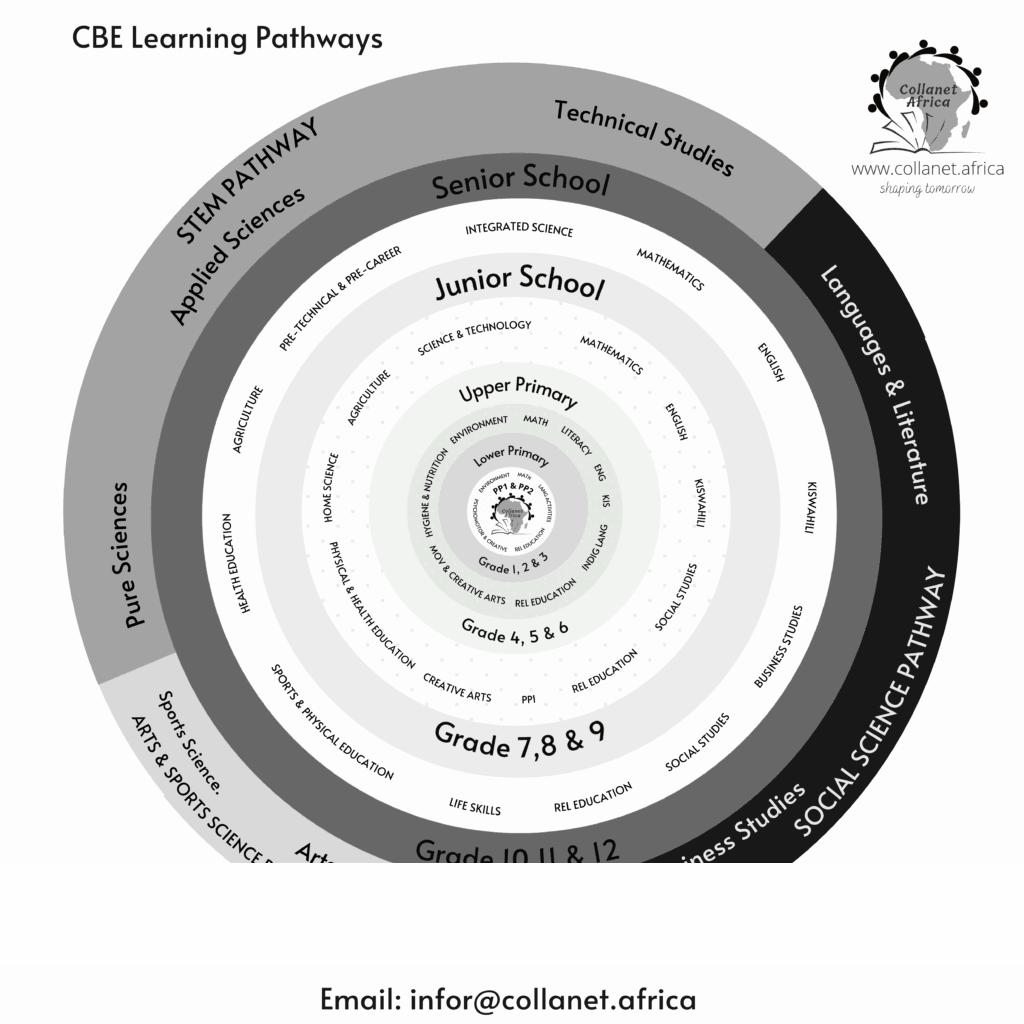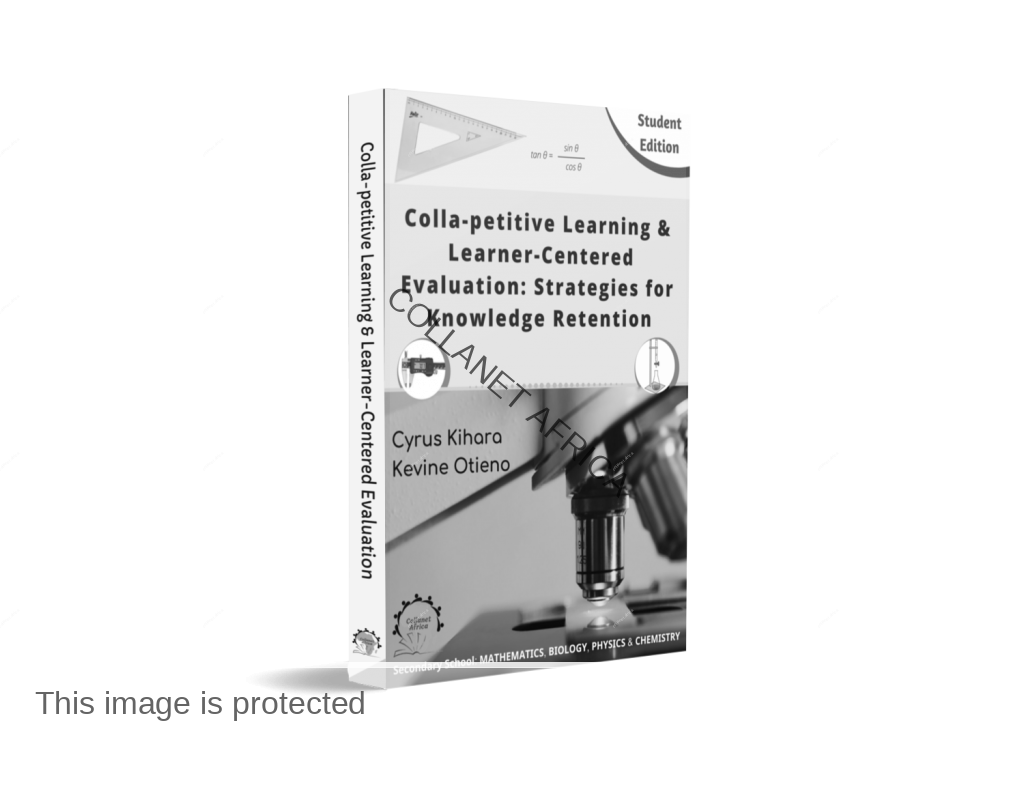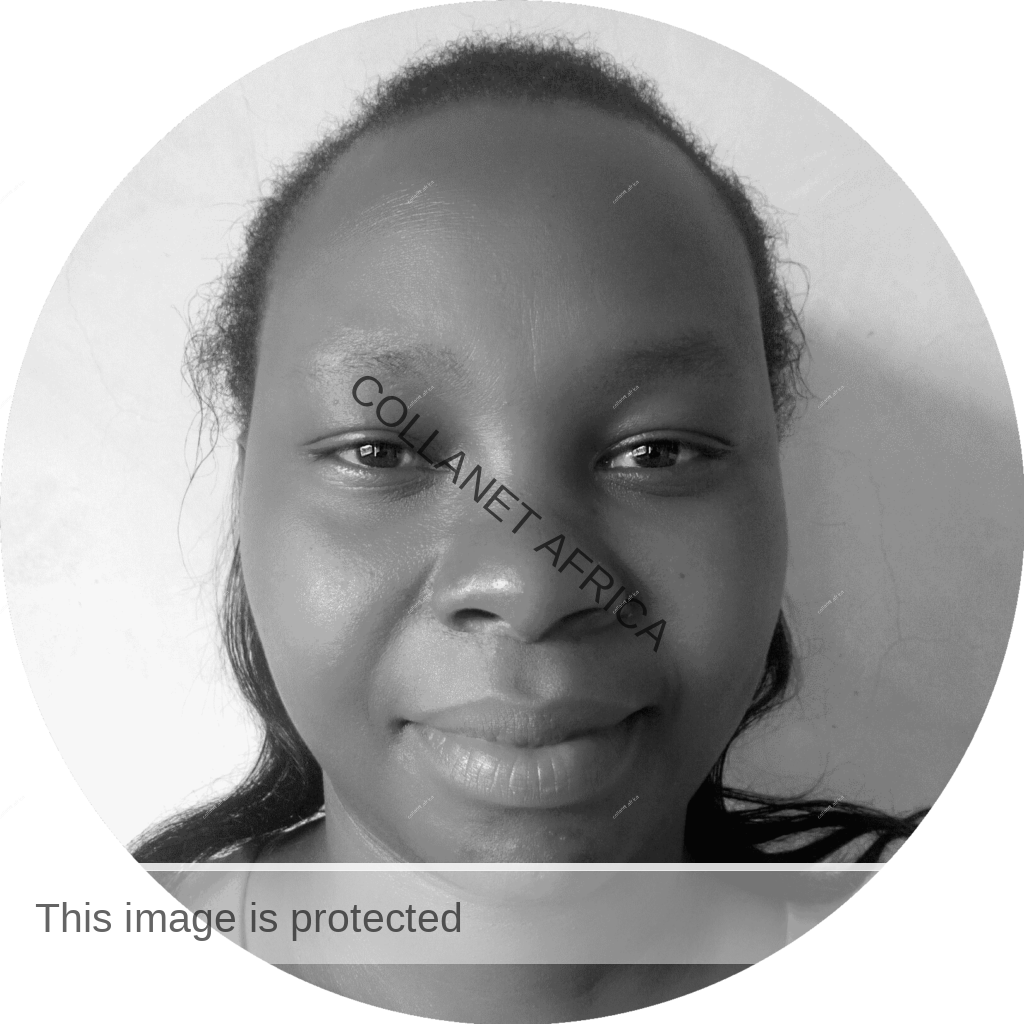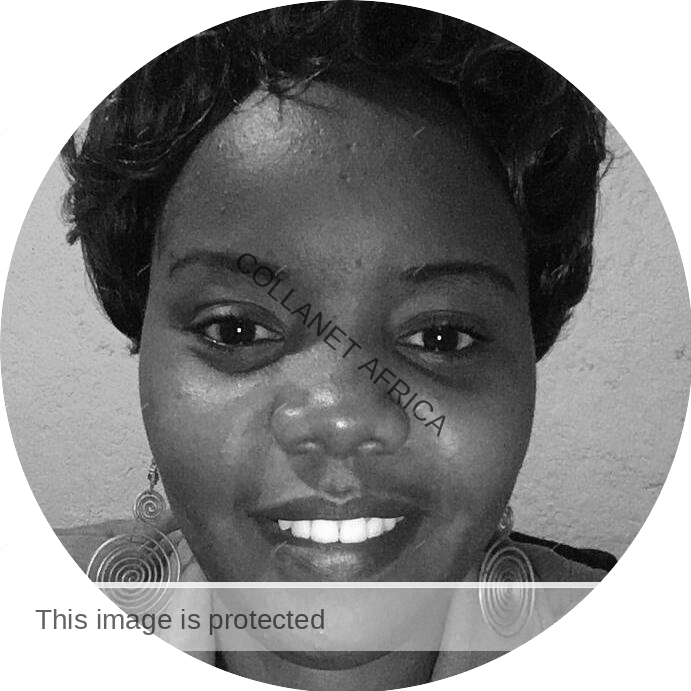Collanet Africa’s Story
With the introduction of the Competence Based Education (CBE), emphasis has been laid on the development of competencies and collaborative learning. Learner engagement is given priority to share individual perspectives and promote interpersonal learning.
Science, Technology, Engineering, and Mathematics (STEM) offers the most promising pillar in the education system to accelerate industrialization and technological development for any nation. However, majority of learners perform dismally in STEM subjects making it a challenge to consolidate growth.
Collanet Africa offers solutions for blended learning through The Colla-petitive Way to help learners develop academic competence, collaboration and concern for one another. Read our Theory of Change.
The Problem
Key Pains:
- Unhealthy Competition: Performance ranking fuels exclusion and creates toxic learning environments.
- Values Erosion: Classroom dishonesty reflecting broader societal corruption.
- Passive Learning: High disengagement, especially in critical STEM subjects.
- Teacher Burnout: Overwhelmed educators managing large classes with inadequate support.
- Digital Divide: Rural and digitally illiterate learners left behind.
- Limited Resources: Scarcity of engaging and comprehensive study materials.
Impact: Leads to struggling, undisciplined youths and hinders holistic development.
Our Solution
Core Concept: A proprietary “Colla-petitive” pedagogical model that replaces toxic competition with team-based learning.
Key Pillars:
- Team Accountability: Students learn to support each other.
- Peer Leadership: Students set quizzes, manage discipline, fostering responsibility.
- Active Participation: Engaging methods combat passive learning.
- Digital Learning Support: Leveraging technology for enhanced access.
- Teacher Empowerment: Training equips educators for dynamic, learner-centered pedagogy.
- Parental Engagement and Empowerment: Involving parents in their children’s learning, enlightening them on investing for impact and for holistic outcomes.
Short Tour Around Collanet Africa….
Career Guide Book Published
With learners transitioning from Junior to Senior school, there is a lot of confusion with the CBE syllabus. Learners are supposed to select their paths. We step in with a career guide that offers more than just pathways selection; it is packed with life advice.
Self-study and Evaluation Books
We get busy writing several self-study and evaluation books for Physics, Biology, Mathematics, and Chemistry. They become quite popular among the target users.
Growing Online Classes
We started online classes when the pandemic struck. Our library of courses, units, lessons, and other learning resources keep growing. We are getting enrollments every day. We have now expanded our resources to include college content. We have also integrated community forums for peer interactions and community help for quick access to extra resources.
STEMEIC 2020 Conference
We share our milestones and success stories at the international conference. Our work draws a lot of interest from the stakeholders. You can read our abstract via the link provided down the page.
We Have a Book!
We have consolidated the knowledge we have gathered into a book. Our Collapetitive Strategies are now available in a learner’s guidebook to help learners master effective learning methods for knowledge retention. You can get a copy from the shop.
Collapetitive Strategies
A lot of thinking has happened. Many schools have been visited. Lots of literature consulted. Sessions with parents held. The conclusion of the matter? There are problems and young learners are casualties. The current competitive education system promotes “survival for the fittest” model of the society, which disadvantages most members of the society. We choose to go against the grain and develop a method that encourages teamwork and collaboration – Colla-petitive Model. Learners love it.
Genesis
Two friends come together. One has been selling books with a leading publisher for more than 10 years. The other one is a green horn. They both agree that young people hold the potential to change how the world operates, but only if they are adequately prepared for it. Time to act is now. They start brainstorming on the best way to contribute to the change. A movement is born.
CBE In A Nutshell
We have summarized the CBE learning pathways in this infographic. A free resource for you.


Meet Our Lead Instructors








